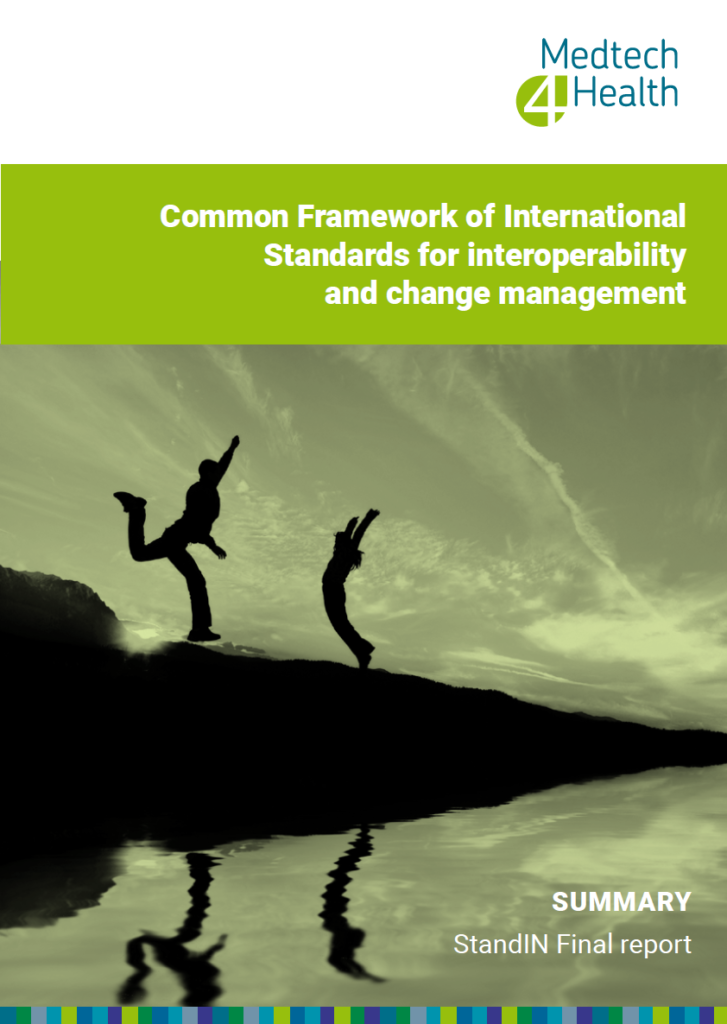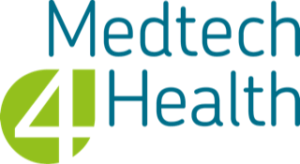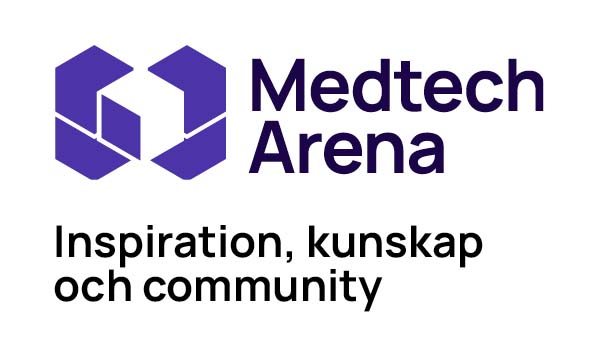
Skärmklipp 2016-06-30 12.24.37
Summary: Standards for interoperability – StandIN Sweden
The summary of the final report of StandIN is now available in English. StandIN or Common Framework of International Standards for interoperability and change management is a project that was included in the governmental initiative in Life Science and was conducted by Swedish Medtech (association for vendors of information systems in Sweden) in partnership with SALAR (Swedish Association of Local Authorities and Regions) and governmental bodies in e-health. The governmental innovation authority financed the project as a part of a governmental initiative Medtech4Health. The mission included identification of a framework of international standards that can constitute a basis for the future information system in Swedish healthcare.
Download the pdf or continue reading.
StandIN background
 Access to relevant clinical information is crucial in the provision of good quality care. This is also important for availability to services and involvement of patients/clients. In Sweden Electronic Health Record systems are widely implemented by public as well as rivate healthcare and social care providers. Communication and sharing of information are though often insufficient. One reason for this is that the use of international standards is infrequent by both care providers and vendors. This fact complicates co-operation, increases costs for information management and has impact on safety issues. Furthermore the underuse of standards reduces the potential for Swedish e-health industry to compete on the international market and also comprises the competition when Swedish care provider purchase health information systems. Clinical information is also insufficiently structured in the current information systems, which impairs communication and follow up of data in e.g. quality registers. National coordination including the use of international standards is from this background necessary in order to improve functionalities of the information systems and getting access to relevant clinical information. Several Swedish care providers, representing care for more than 50 % of the population, are currently involved in a process to purchase new information systems. This emphasises the need for coordination of specifying requirements and the use of international standards.
Access to relevant clinical information is crucial in the provision of good quality care. This is also important for availability to services and involvement of patients/clients. In Sweden Electronic Health Record systems are widely implemented by public as well as rivate healthcare and social care providers. Communication and sharing of information are though often insufficient. One reason for this is that the use of international standards is infrequent by both care providers and vendors. This fact complicates co-operation, increases costs for information management and has impact on safety issues. Furthermore the underuse of standards reduces the potential for Swedish e-health industry to compete on the international market and also comprises the competition when Swedish care provider purchase health information systems. Clinical information is also insufficiently structured in the current information systems, which impairs communication and follow up of data in e.g. quality registers. National coordination including the use of international standards is from this background necessary in order to improve functionalities of the information systems and getting access to relevant clinical information. Several Swedish care providers, representing care for more than 50 % of the population, are currently involved in a process to purchase new information systems. This emphasises the need for coordination of specifying requirements and the use of international standards.
Mission and main aims
The StandIN-project was included in the governmental initiative in Life Science and was conducted by Swedish Medtech (association for vendors of information systems in Sweden) in partnership with SALAR (Swedish Association of Local Authorities and Regions) and governmental bodies in e-health. The governmental innovation authority financed the project as a part of a governmental initiative Medtech4Health. The mission included identification of a framework of international standards that can constitute a basis for the future information system in Swedish healthcare. StandIN had focus on the technical perspective and how information management could be supported by high level of technical interoperability. Clarification of dependence of the technical perspective from the clinical/business and information perspectives respectively was included. Such dependence and traceability was considered a prerequisite for achieving supportive functionality in clinical practice. Another aspect of the mission was to emphasise clinical/business change management and describe the potentials of the information system to support good quality care using approaches based on international standards. Identification of a national actor for coordination of e-health in Sweden including the identification of needed competence levels for a holistic approach was another task. In parallel with StandIN another project named 3H3R (SWElife) was conducted with funding from the same innovation authority. This project had focus on the clinical/business requirements and on how the information management can facilitate systematic quality management and clinical research applying high level of semantic interoperability. The two projects have mutual dependencies that are explored in their respective reports. In general – the two projects are assessed well harmonized in conclusions.
Results
A general requirement has been that the clinical information shall be accessible and understandable by all actors involved in the provision of care concerning knowledge management/decision support, care planning, communication in the continuity of care as well as follow up and clinical research. There are numerous international standards in the healthcare and health informatics domain. These standards are partly overlapping, interdependent, not always up to date and some are under revision. The task to identify and propose concurrent use of these standards to achieve cross border information exchange is substantial and complex. Stand IN has identified 70 international standards with scopes concerning business, information management or technical aspects in the healthcare domain. 45 of these standards were assessed relevant for the mission of the project. These have been analysed and constitute a comprehensive/holistic framework of standards for e-health. The links/dependencies between the standards in the three perspectives business, information and technology are described and clarified in the report. 18 of the 45 standards in the framework concern technical interoperability that was the main focus of the project. These standards were analysed and described in more detail. The report includes conclusions regarding the different standards potential use and interconnections as well as the needs for further clarifications of possible concurrent use. ISO 13940:2015 was used as the basis for the clinical/business perspective. This International standard includes a comprehensive system of concepts and a general clinical process model. A European standard for quality system management requirements in healthcare – EN 15224 – and a clinical perspective of a service architecture was also included. An example describing a type of clinical process for heart failure was presented. In the information perspective 19 standards concerning different aspects and methods for specifying and structuring clinical information was included. StandIN presents no direct recommendations concerning which standards shall be applied – that was not included in the mission. However, possibilities and potential solutions to develop the information systems for future healthcare based on clinical requirements are presented. Systematic use of standards for defining and structuring clinical information and for achieving technical interoperability is in the report emphasized as a future strategy. Such a strategy can be applied to achieve full interoperability concerning communication in the provision of continuity of care, care planning with integrated knowledge management and secondary use for follow up and research.
Conclusions
- Systematic use of international standards is necessary in e-health – approaches based on these give potentials and possibilities for the future information systems to support better quality in healthcare, from the patients as well as from the providers and researchers perspectives.
- National coordination of e-health is urgently needed to achieve possibilities for cross organizational border communication, knowledge management and follow-up/research.
- Knowledge of international standards is insufficient – efforts are needed to increase competencies regarding contents and potential use.
SEARCH
SUBSCRIBE
CONTACT
More options at the Swedish contact page.
[contact-form-7 id=”1866″ title=”contact M4H”]
AKTUELLT
Ny lag om utländska direktinvesteringar – bolagstips från Medtech Morning
Under Medtech Morning den 29 maj som hölls av Medtech4Health och Swedish Medtech, fick vi [...]
Ny version av projektdatabasen
Nu finns Medtech4Healths projektdatabas i en ny version – enklare och mer överskådlig. Här hittar [...]
Medtech4Health i Almedalen
Vi finns på plats under Almedalsveckan 2024 både i egen regi och med Swedish Medtech, [...]
Möt Cecilia Täkte – ny ledamot i Medtech4Healths styrelse
I år har tre nya ledamöter utsetts till Medtech4Healths styrelse. I tre artiklar möter [...]
NYHETSBREV
Följ nyheter och utlysningar från Medtech4Health - prenumera på vårt nyhetsbrev.


